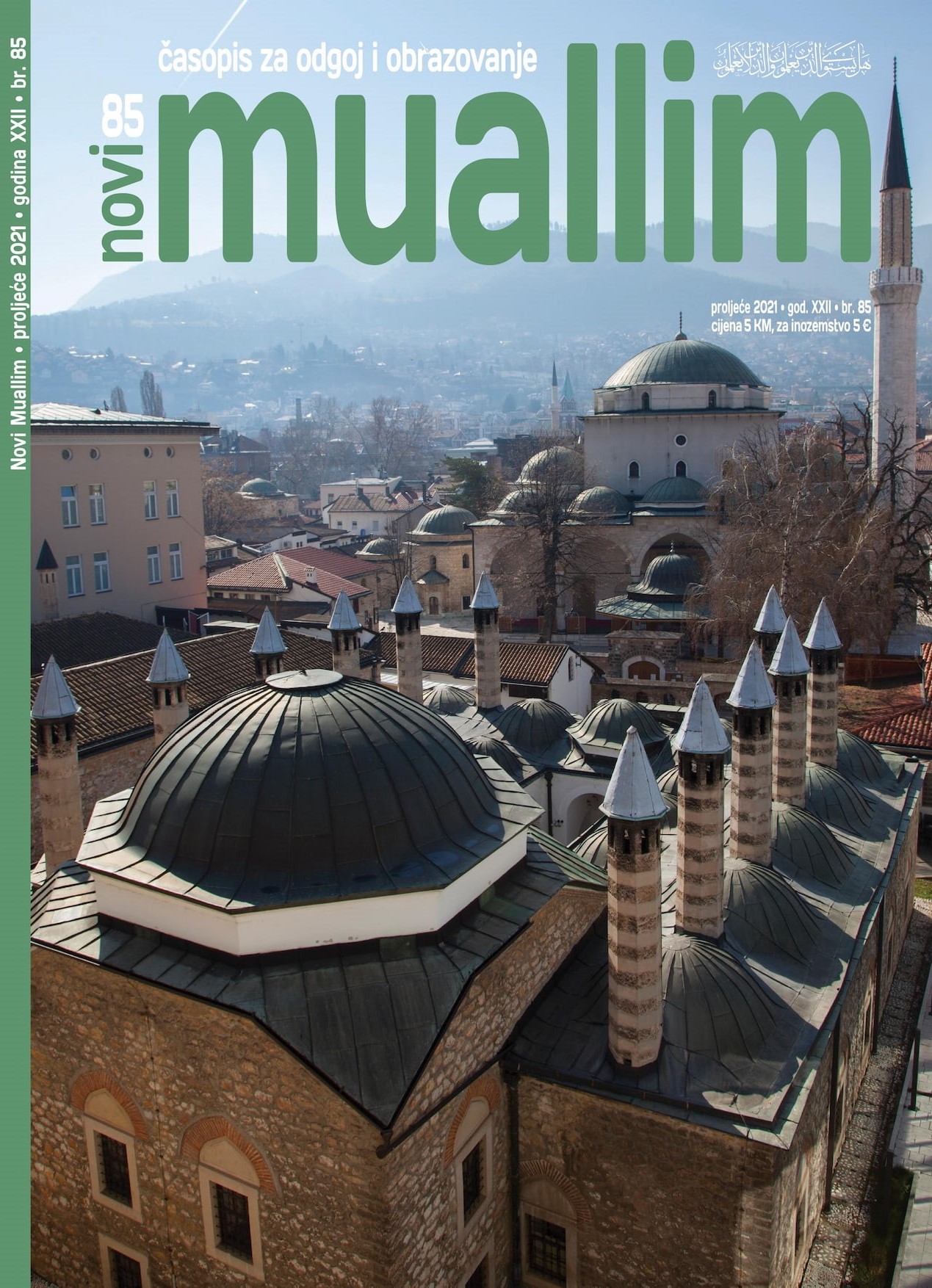INSTITUTIONAL MANAGEMENT OF THE ASSETS OF THE ZAKAH IN CONTEMPORARY MUSLIM STATES
DOI:
https://doi.org/10.26340/muallim.v22i85.1847Keywords:
zakah, institutionalised management, collection and distribution, legal obligation, laws and legislation, the experience of Muslim statesAbstract
UDK 28-428
Giving a portion of one’s property as a zakah is regarded as fard al-Ayn, that is to say strict mandatory obligation for each individual Muslim who fulfil the requirements. Mechanisms of implementation of this imperative duty are clearly given in the practice of the Messenger s.w.s. and in practice of the first generations of Muslims and are also considered an obligatory duty of Muslim government. Consequently, all the Muslim states and governments since the very first century of Islam, striving to develop and improve these methods, have considered collection and distribution of zakah as their responsibility. Contemporary Muslim states have, since the middle of the last century, brought a number of laws and decrees that regulate the issue of zakah, hence some states treat the handing over zekah to state institutions as an obligation, whereas some state consider it to be a voluntary act of each individual. In this article, the author presents the status of institutionalised collection of zakah in the Islamic world in accordance to the positive legislation and laws of individual Muslim states. Generally, there are six states that consider institutionalised collection of zakah and its distribution as a legal obligation, however their laws and regulations differ in regards to defining the kind and amount of assets that individuals are liable to deliver to state institutions as zekah. However, there are some states that have institutionally regulated this issue, but the actual compliance with these laws is regarded as voluntary act. There is also a small number of states that have not institutionally regulated this segment of the faith. Here the author presents methods presently existing in Islamic world in belief that one of these, or a combination of some presented solutions could be applicable in regulating this issue for the Islamic Community in Bosnia and Herzegovina.
Downloads
Published
How to Cite
Issue
Section
License
Naknada:
a. Časopis ne naplaćuje naknadu za obradu članaka (APC) i naknadu za podnošenje članaka.
Autori koji objavljuju u ovom časopisu pristaju na sljedeće uvijete:
- Autori zadržavaju autorska prava i pružaju časopisu pravo prvog objavljivanja, pri čemu će rad jednu godinu po objavljivanju biti podložan licenci Creative Commons imenovanje koja omogućuje drugima da dijele rad uz uvijet navođenja autorstva i izvornog objavljivanja u ovom časopisu.
- Autori mogu izraditi zasebne, ugovorne aranžmane za ne-ekskluzivnu distribuciju rada objavljenog u časopisu (npr. postavljanje u institucionalni repozitorij ili objavljivanje u knjizi), uz navođenje da je rad izvorno objavljen u ovom časopisu.


